
EveryDropCounts Workshop for Community Engagement against Water Scarcity at Only Green Talks
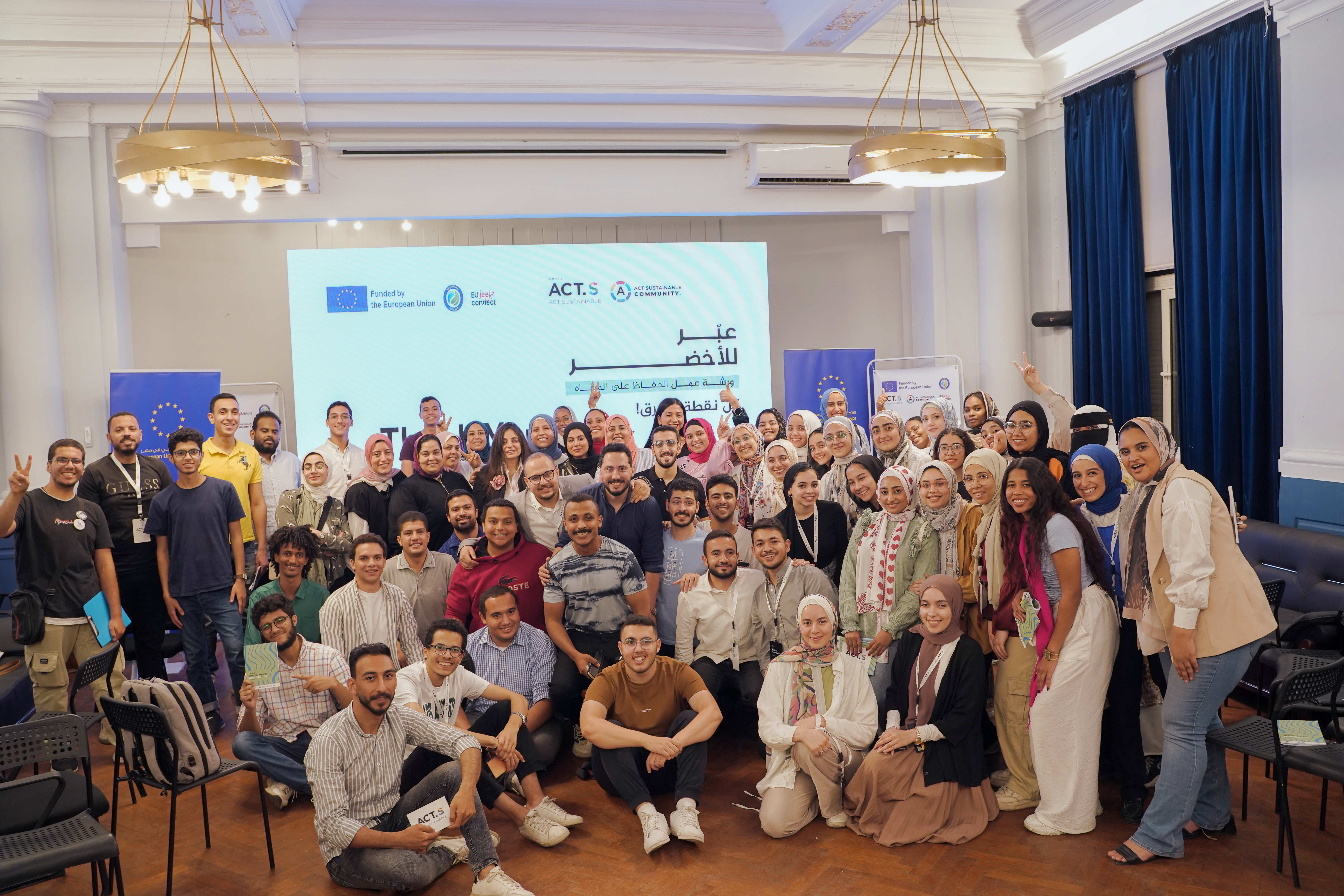
The Only Green Talks platform is an initiative by Act Sustainable, a non-profit social enterprise dedicated to raising awareness and promoting sustainable solutions to combat climate change and environmental crises. This platform brings together experts, individuals, and organizations from diverse backgrounds in an encouraging environment to discuss current challenges and solutions. The project aimed to involve 50 to 100 young stakeholders, specifically targeting an audience aged 18 to 23, to discuss water conservation in Cairo.
Under the motto #EveryDropCounts the event aimed to include several sectors of society, featuring startups, community leaders, and members of the EU Delegation.
The workshop was held on the 16th of May 2024 and consisted of five parts, including panel discussions, networking sessions, and a wrap-up session at the end of the day. The goal was to enhance youth awareness and motivate them to lead water-responsible initiatives among their peers.
Water experts and young activists take part in a lively discussion
An interactive conversation and exploration of possible solutions to water issues, has ensued as a result of a panel discussion. Using four questions as a starting point, moderator Eng. Hossam Emam, co-founder and CEO of Act Sustainable, conducted the panel discussion where the stage was equally shared between participants and five invited local experts, Dr. Yousra Abdelaziz, head of the Plastic Unit; Dr. Ayman Ayad, Programme Manager for Water from the EU Delegation in Egypt; Eng. Ahmed Yassin, representative of EU Jeel Connect Egypt Focal Point; Eng. Sarah Hazem, researcher at the International Water Management Institute Egypt (IWMI); and Mostafa Abdallah, from Wave Makers Egypt NGO.
Aside from fostering discussion and thought leadership, the workshop was aimed to deliver actionable measures that can be applied by participants on a local level.
Young participants translated the theory into concrete mitigation strategies proposed after analyzing the impact of water scarcity in their community. Possible obstacles were taken into account to foster proper collaborative problem-solving techniques that would ultimately enhance community engagement.
The outcomes were translated into concrete guidelines, such as the need to increase funding, the benefits of networking and experience sharing, and the implementation of corporate skills training programs.
Recommended Articles

10 Easy Ways to Use Less Water in Your Daily Life
Water is a vital part of our lives, but climate change is here and is impacting our access to sufficient water supplies. And while our water resources are decreasing, we are also increasing in numbers.
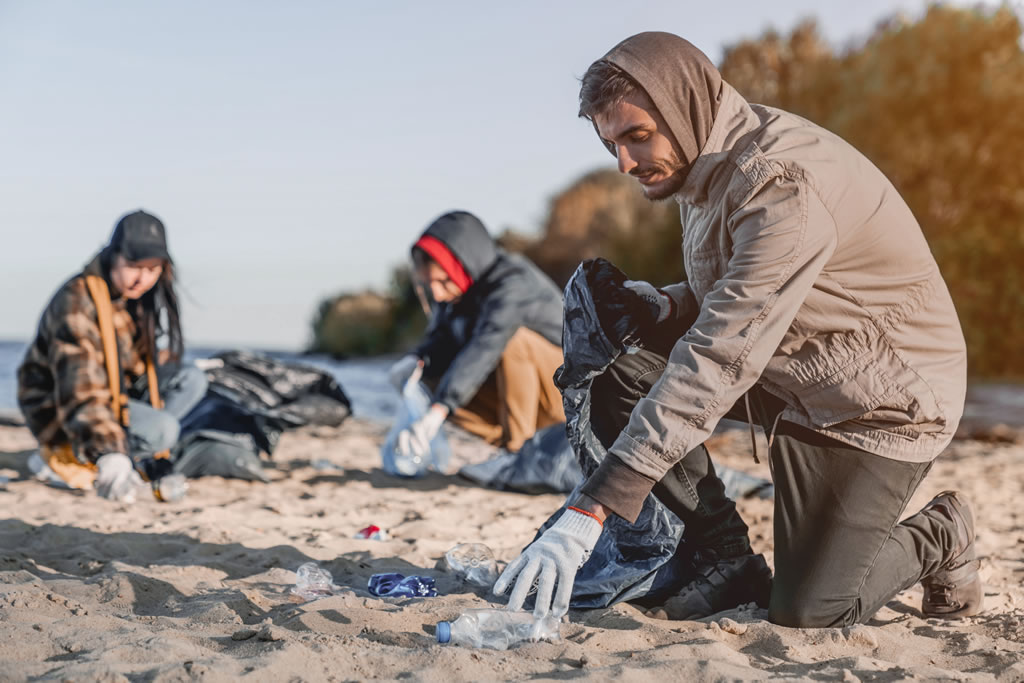
How Can we Make Our Rivers Cleaner and Create Awareness
The River Nile, hit hard by pollution. It is well known that Herodotus, an ancient Greek historian who is regarded as the ''Father of History,” famously called Egypt ‘the gift of the Nile’. The ancient old country has historically depended on the Nile to build its magnificent civilization, and till today the Nile remains its main source of water supply.

Saving Water in Your Home: Smart Water Conservation Systems You Can Use
While domestic water use only represents 8-10% of total global water consumption, every drop counts in countries facing severe water stress, such as Egypt and Morocco.
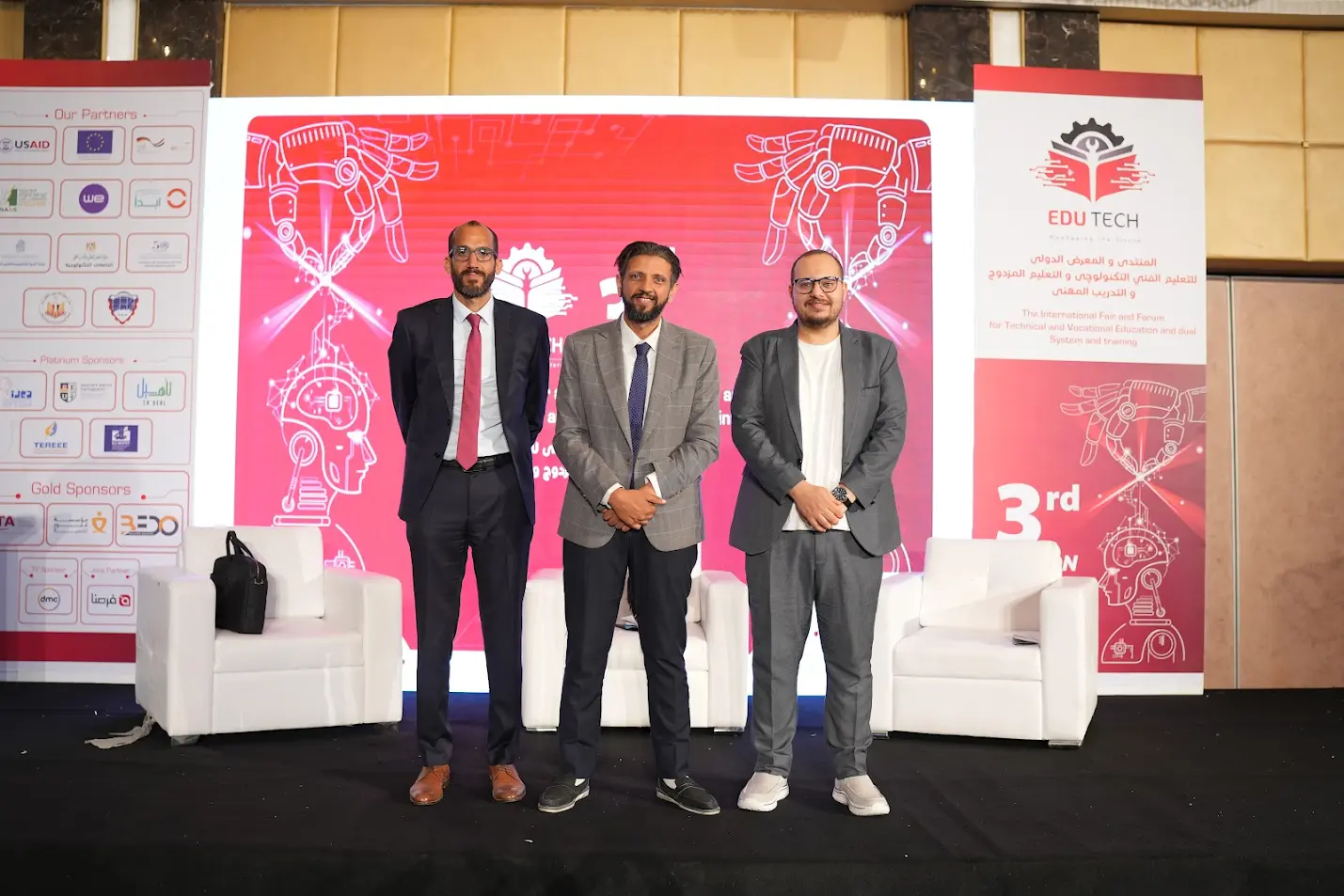
Panel Discussion held for Students on Climate Change And Water Scarcity at the EduTech Fair in Egypt
Over twenty technical school students attended a panel discussion organized by the European Union Climate Dialogue and the European Union on the 18th of April 2024 during the EduTech Fair in Cairo, Egypt.
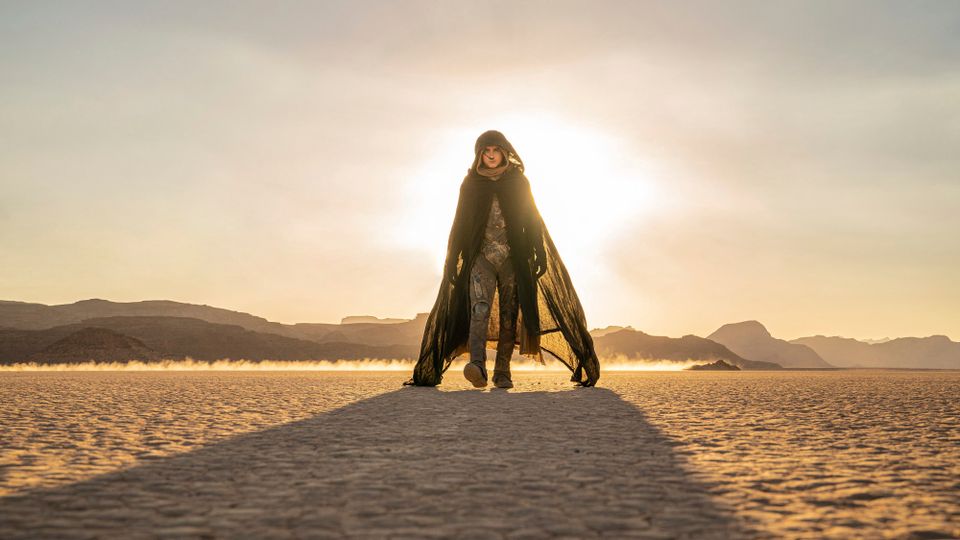
Dune 2: Lessons in Water Conservation and Conservative Principles
The recent release of Dune: Part Two brings Frank Herbert's universe to life, emphasizing the preciousness of water on Arrakis. The film further explores the journey of Paul Atreides and the ingenious water conservation techniques of the Fremen, such as stillsuits and water discipline, highlighting their relevance to our current environmental challenges.
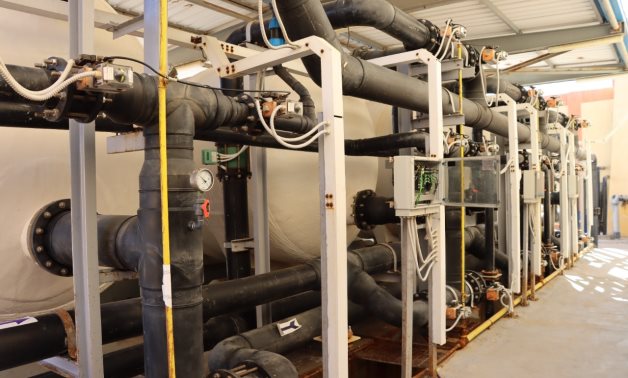
The Race for Clean Water: Impressive Desalination Innovations
The Sustainable Development Goals were adopted by the United Nations in 2015 as a universal call to action to ensure that by 2030, all people in the world enjoy peace and prosperity. The SDGs include 17 main goals that the UN seeks. Goal No. 6 stipulates "Ensure availability and sustainable management of water and sanitation for all." Although notable progress has been made, water stress and scarcity remain concerns in many parts of the world.